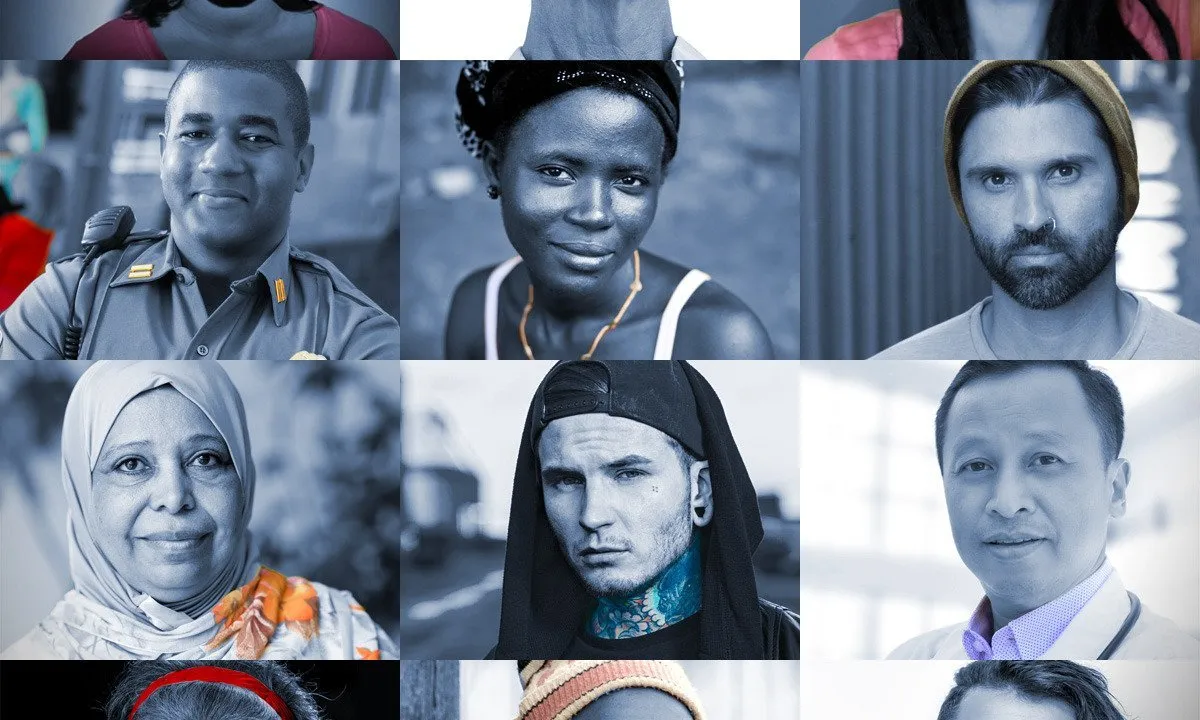
Drugs drug use drug policy and health 
This MOOC provides a comprehensive overview of drugs, drug use, and drug policy from a multidisciplinary, health and human rights-based perspective. Participants will explore the benefits and harms of taking drugs, as well as how public health policies can address drug use. ▼
ADVERTISEMENT
Course Feature
![]() Cost:
Cost:
Free
![]() Provider:
Provider:
Coursera
![]() Certificate:
Certificate:
Paid Certification
![]() Language:
Language:
English
![]() Start Date:
Start Date:
24th Jul, 2023
Course Overview
❗The content presented here is sourced directly from Coursera platform. For comprehensive course details, including enrollment information, simply click on the 'Go to class' link on our website.
Updated in [March 06th, 2023]
This MOOC, Drugs, Drug Use, and Drug Policy and Health, provides an in-depth exploration of the complexities of drug use and drug policy from a multidisciplinary, health and human rights-based approach. Participants will gain a strong understanding of the major health issues related to drug use and drug policy, a clear vision of why drug policy is debated today, and the skills to engage in the drug policy reform movement at their local or regional level.
The course will be presented by over 40 speakers from scientific, academic and institutional backgrounds, spokespersons of civil society as well as people who use drugs presenting their views. Topics covered include what drugs are and why they are controlled, the benefits and harms of taking drugs, and how public health policies can address drug use. Additionally, the intricacies of the international drug control framework and the negative consequences of widespread prohibitionist drug policies around the world will be discussed.
By the end of the course, participants will have a comprehensive understanding of the issues surrounding drugs, drug use, and drug policy and health.
[Applications]
Upon completion of this course, participants are encouraged to apply their knowledge to their local or regional level by engaging in the drug policy reform movement. They can use the information they have learned to advocate for evidence-based drug policies that prioritize public health and human rights. Additionally, participants can use the skills they have acquired to educate their communities on the health issues related to drug use and drug policy.
[Career Paths]
1. Drug Policy Analyst: Drug policy analysts are responsible for researching and analyzing the effects of drug policies on public health, safety, and the economy. They must be knowledgeable about the legal and social implications of drug policy and be able to provide evidence-based recommendations to policy makers. This role is becoming increasingly important as governments around the world are beginning to recognize the need for evidence-based drug policy reform.
2. Drug Policy Advocate: Drug policy advocates are responsible for advocating for drug policy reform and raising awareness of the harms of current drug policies. They must be knowledgeable about the legal and social implications of drug policy and be able to effectively communicate their message to policy makers and the public. This role is becoming increasingly important as governments around the world are beginning to recognize the need for evidence-based drug policy reform.
3. Drug Policy Researcher: Drug policy researchers are responsible for conducting research on the effects of drug policies on public health, safety, and the economy. They must be knowledgeable about the legal and social implications of drug policy and be able to provide evidence-based recommendations to policy makers. This role is becoming increasingly important as governments around the world are beginning to recognize the need for evidence-based drug policy reform.
4. Drug Policy Educator: Drug policy educators are responsible for educating the public about the harms of current drug policies and the need for evidence-based drug policy reform. They must be knowledgeable about the legal and social implications of drug policy and be able to effectively communicate their message to the public. This role is becoming increasingly important as governments around the world are beginning to recognize the need for evidence-based drug policy reform.
[Education Paths]
1. Bachelor of Science in Public Health: This degree program focuses on the health of populations and communities, and provides students with the knowledge and skills to develop and implement public health policies and programs. Students learn about the social, economic, and environmental factors that influence health, and how to use data to inform public health decisions. This degree is becoming increasingly important as the world faces a growing number of public health challenges, such as the opioid crisis, climate change, and the spread of infectious diseases.
2. Master of Science in Health Policy and Management: This degree program focuses on the management and policy aspects of health care. Students learn about the economics of health care, health care financing, health care law, and health care systems. They also gain an understanding of the ethical and legal issues related to health care, and how to develop and implement health care policies. This degree is becoming increasingly important as health care systems become more complex and the need for effective health care management and policy grows.
3. Doctor of Public Health: This degree program focuses on the research and practice of public health. Students learn about the science of public health, epidemiology, biostatistics, health behavior, and health policy. They also gain an understanding of the social, economic, and environmental factors that influence health, and how to use data to inform public health decisions. This degree is becoming increasingly important as the world faces a growing number of public health challenges, such as the opioid crisis, climate change, and the spread of infectious diseases.
4. Master of Science in Addiction Studies: This degree program focuses on the science of addiction and the treatment of substance use disorders. Students learn about the biological, psychological, and social aspects of addiction, and how to develop and implement evidence-based treatment plans. This degree is becoming increasingly important as the world faces a growing number of substance use disorders, such as opioid addiction, alcohol addiction, and nicotine addiction.
Pros & Cons

Eye opening, transformative, compelling evidence, empowering, holistic view, picturization and representation, worth learning, fantastic course, rethink perceptions.

Did not care for it initially, ignored facts, not much on physiological effects, politically correct.
Course Provider

Provider Coursera's Stats at AZClass
Discussion and Reviews
0.0 (Based on 0 reviews)
Explore Similar Online Courses

Python 101: Unlock Programm Skills - From Novice to Expert

More C# Programming and Unity

Python for Informatics: Exploring Information

Social Network Analysis

Introduction to Systematic Review and Meta-Analysis

The Analytics Edge

DCO042 - Python For Informatics

Causal Diagrams: Draw Your Assumptions Before Your Conclusions

Whole genome sequencing of bacterial genomes - tools and applications

The Ideal of Self-Governance: Public Policy Beyond Markets and States

Public Administration


Start your review of Drugs drug use drug policy and health